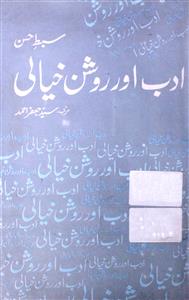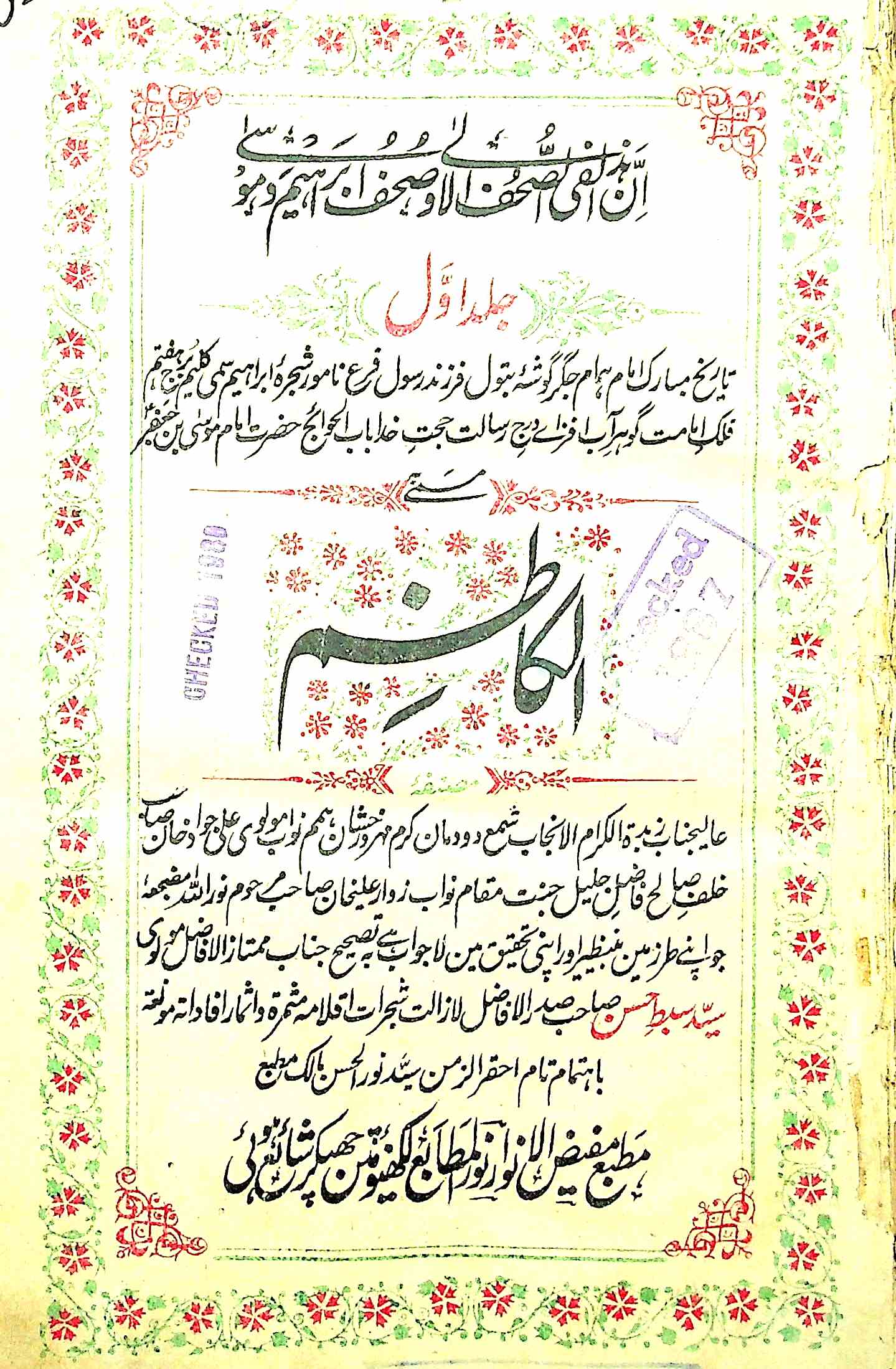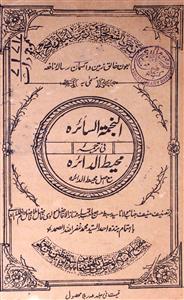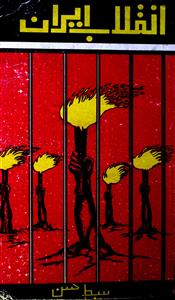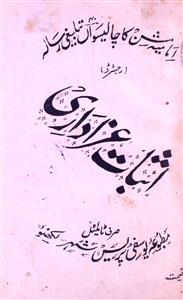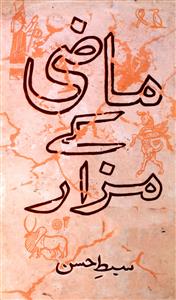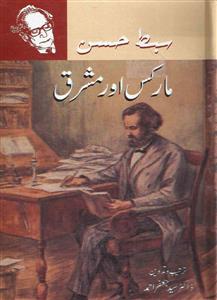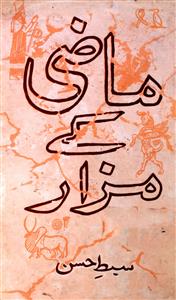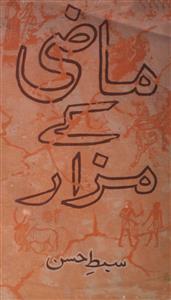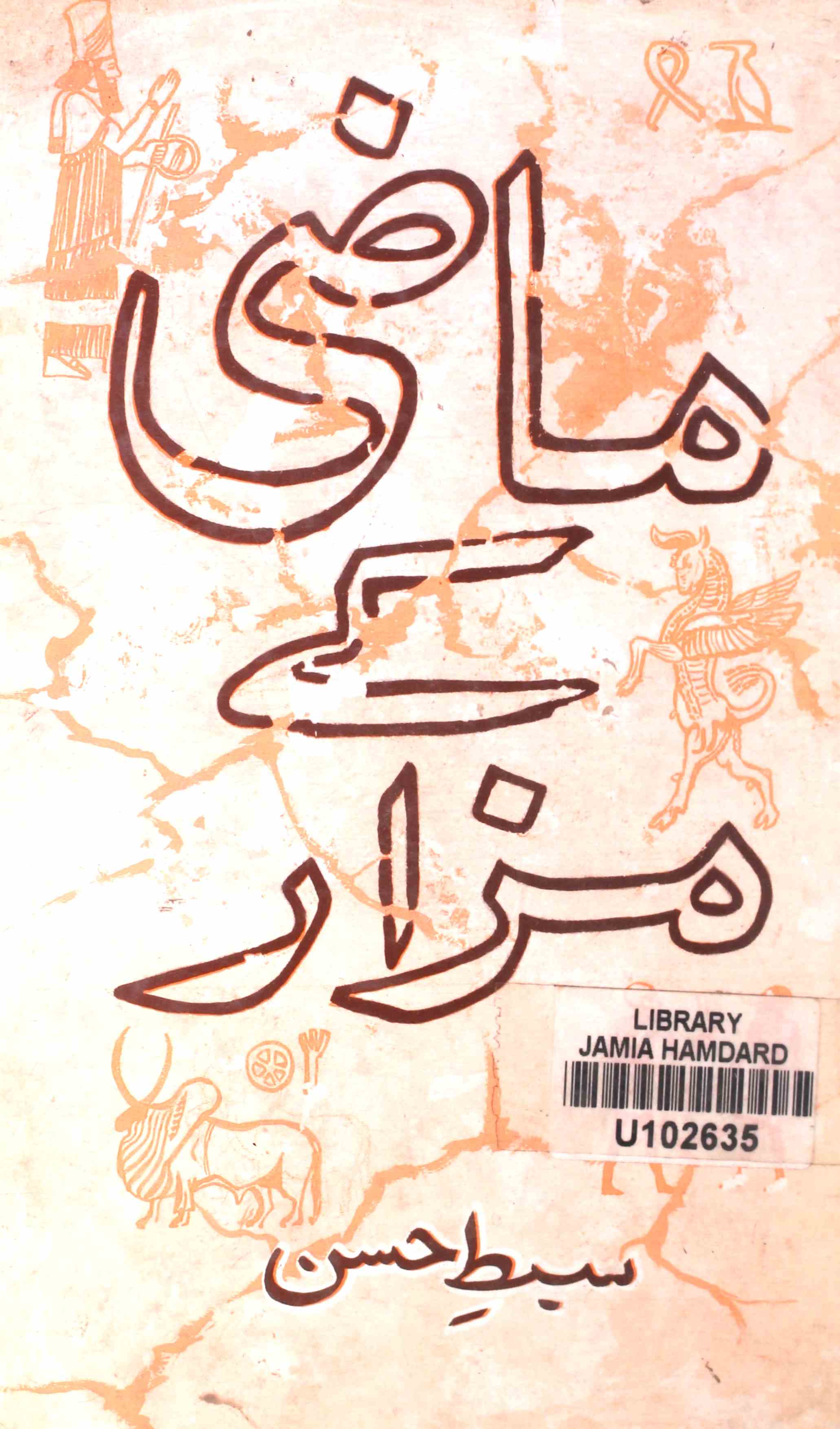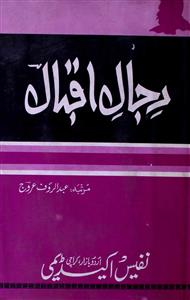 For any query/comment related to this ebook, please contact us at haidar.ali@rekhta.org
For any query/comment related to this ebook, please contact us at haidar.ali@rekhta.org
About The Author
Syed Sibte Hasan was born on 31st July 1912, in Aligarh. He was a graduate of Aligarh Muslim University and his colleagues included Ali Sardar Jafari, Asrar-ul-Haq Majaz, Khawaja Ahmad Abbas, Akhtarul Iman, and Akhtar Hussain Raipuri. Around the same time, under the leadership of Sajjad Zaheer, they started the progressive movement which soon became the most influential and acclaimed literary movement in Urdu.
Syed Sibte Hasan started his career in journalism and was associated with distinguished magazine and newspaper houses such as Payaam, Naya Adab, and National Herald. After the formation of Pakistan, he settled in Lahore, where in 1957 he issued the weekly ‘Lail-o-Nahaar’ under the auspices of Miyan Iftikharud Din. When Miyan Iftikharud Din's institution was forcibly taken over by the government of President Ayub Khan, Sibte Hasan resigned from its administration and moved to Karachi in 1965. In Karachi, Syed Sibte Hassan spent most of his time writing and composing, during which he presented pure scholarly and intellectual works such as ‘Maazi Ke Mazaar’, Muusa Se Marx Tak’, ‘Pakistan Mein Tahzeeb Ka Irtiqaa’, and ‘Inqilab-e-Iran’. He also published a literary journal named ‘Pakistani Adab’ from Karachi, in 1975.
The Golden Jubilee of the Progressive Movement was celebrated in London in August 1985, in Karachi in March 1986, and in Lucknow in April 1986. Syed Sibte Hasan played an active role in all three events. He had come to India for the final congregation when he died on 20th April 1986 in Delhi. He is laid to rest in the Sakhi Hassan cemetery in Karachi.
Ali Sardar Jafri was born in 1913 at Balrampur in the district of Gonda, U.P. He was brought up in a religious atmosphere at Lucknow. He did his Master's from Lucknow University. It is said that at the age of eight, he could recite a 1000 verses from the poetry of Anis. He himself began writing when he was only fifteen. His literary career began at the age of 17 when he began writing short stories. His entry into the world of Urdu literature began with short stories from his collection Manzil (1938). However, he soon turned to poetry and devoted most of his time to this genre. His revolutionary and patriotic poetry brought him into the limelight, following which, in 1940, he was also taken into custody for his political activities. He also worked as a member of the Communist party of India and participated proactively in its trade union activities. Through his poetry, he tried to create political awareness among the masses. Jafri had multiple talents and other than poetry he also wrote plays and short-stories. He was the editor of Naya Adab, a quarterly magazine published from Mumbai. He also successfully translated a few works of Shakespeare. He was instrumental in reducing the gap between Urdu and Hindi by publishing the works of four classical poets, i.e., `Ghalib, Meer, Kabir and Meera, in both languages together in the same book. To felicitate his contribution in the field of literature and journalism, Jafri received many honors and awards. He was also honored with the Padma Shri in 1967. In 1999, when Prime Minister, A. B. Vajpayee made a historic peace trip to Pakistan, he presented Sarhad, the first-ever album of anti-war poems of Ali Sardar Jafri (sung by Seema Anil Sehgal) to his Pakistani counterpart. This was indeed the greatest tribute to the poetic vision of Jafri. He died in Mumbai on 1st Aug, 2000.
 For any query/comment related to this ebook, please contact us at haidar.ali@rekhta.org
For any query/comment related to this ebook, please contact us at haidar.ali@rekhta.org

